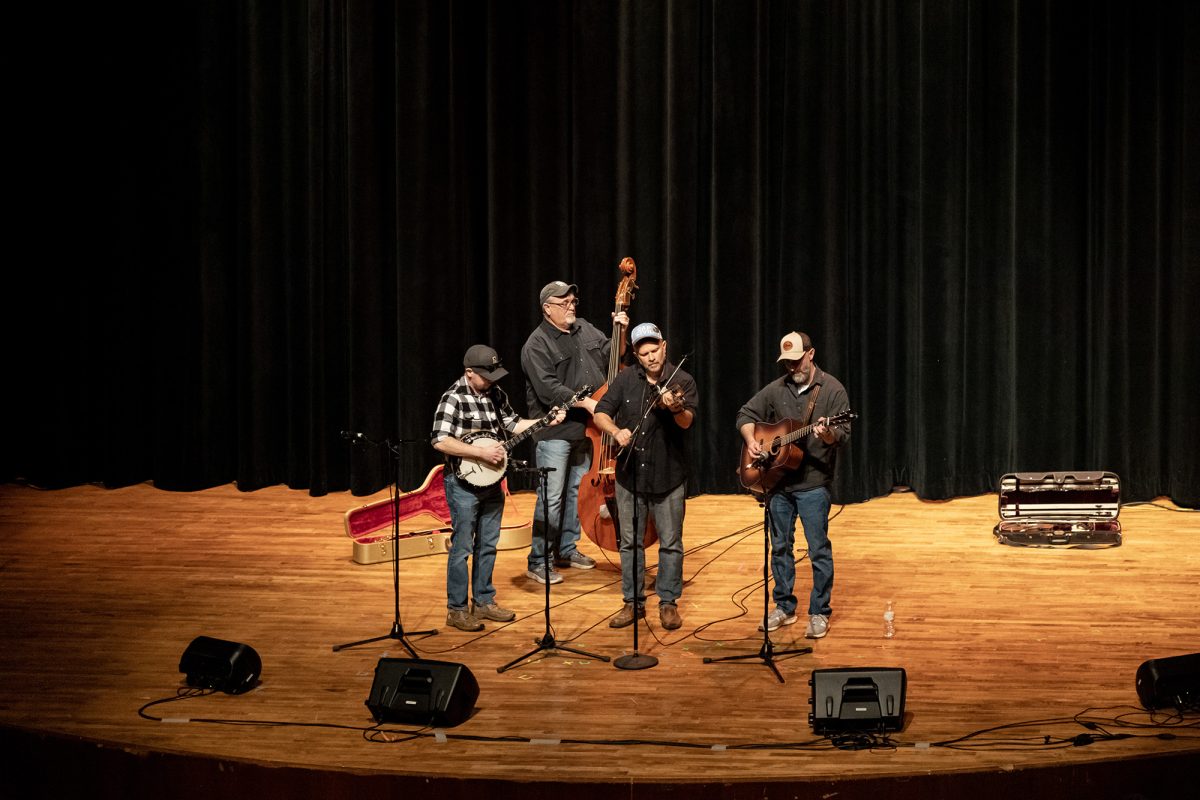The story is simple. Or at least, it seems to be. The year is 1957, and Troy Maxon is a former Negro Leagues baseball star who is building a fence around his yard. Over several years, as he completes this domestic task, we meet his wife, his two sons, his brother, and his best friend. And over the course of the play, we discover who is trying to come in and what Troy is trying to keep out.
I have seen six productions at the Court Theatre. But never have I been so overwhelmed by both the power of the story and the force of the acting. Court Theatre’s production of Fences is one of the few I’ve seen that is deserving of that overworn cliché that critics cling to, but it is, without question, a tour de force.
There are many reasons that U of C students must see this play, one being the production quality. When you sit in your seat, you are immediately struck by the home of the Maxons. Unlike other homestead sets that seek to give the audience a realistic structure, the Court’s set, designed by Jack Magaw, not only delivers a realistic house, but pushes the eye beyond that structure, both down the street and behind the house. Before the lights go down, Ray Charles and other musicians from the time can be heard, occasionally interrupted by the drone of trains and the neighborhood dogs barking in the alley.
But pretty sets and classy music do not a good play make. A second reason, and one I am not surprised to report, is the writing. The play is crafted with an ear for the American language and an eye for the American experience that only one of our greatest dramatists, the late August Wilson, could deliver. Wilson, who died last year, decided to chronicle the African-American experience in the 20th century with a 10-play cycle, one for each decade. Fences is his sixth, and it won a Pulitzer in 1987. The dialogue alone is worth the event. Yet the real majesty of the story is revealed incrementally, and the ease of the first few scenes slowly gives way to the slew of family secrets hidden in and around the yard. We find out who Troy was before he was a ball player, whom he loved before he married Rose, and why he cannot seem to love his sons.
I once heard someone say that the story of American theater is the story of fathers and alcohol. When we think of Miller, O’Neill, Williams, and Albee, that assessment seems fair, but it also seems conventional, or at least assumes that any play that deals with those two issues is conventional. Wilson’s Fences has alcohol and fatherhood in spades, but the conventional elements are rearranged in unconventional ways. Like other great dramatists, the playwright understands that families are the best unit with which to tell an American story. Through the family, we see the emerging civil rights consciousness, we hear of Jackie Robinson and Roberto Clemente, and we watch as America repeatedly finds its way into the Maxon home.
But the biggest reason to see the play is the skill and depth of the cast. Directed by the renowned Ron O. J. Parson, the performances are so arresting that the story almost slips behind the versatility of the actors. John Steven Crowley is pitch-perfect in his role as the best friend who both indulges and censures Troy during their routine talks in the yard. Victor J. Cole is bewildering as Troy’s brother—it is obvious that Gabe is slightly off, but it is not immediately understood why, or why Troy is bothered by his condition. Both sons, played by Rolando A. Boyce and Anthony Flemming III, are equally impressive in their performances, moving around their father with an instinct for survival. We are initially disappointed in Flemming’s character, Corey, for his timidity, but the young actor proves to us with each succeeding scene that he is growing into his adulthood.
But it is the performances of A. C. Smith and Jaqueline Williams that dominate the play. A. C. Smith’s sheer physical presence is awe-inspiring. He courses with energy whether he is swinging his old bat or swinging his fist at his own son. The play is for him and Smith makes Troy Maxon worthy of the attention. Williams, who plays his wife, also puts on a show, and we wait and watch as she, like Flemming’s Corey, slowly stands up to Troy.
Fences is one of the great American plays and Court has done it justice. To watch a family deal with seemingly ordinary struggles and to watch a handful of actors portray that with passion and skill is well worth the price of a ticket.








